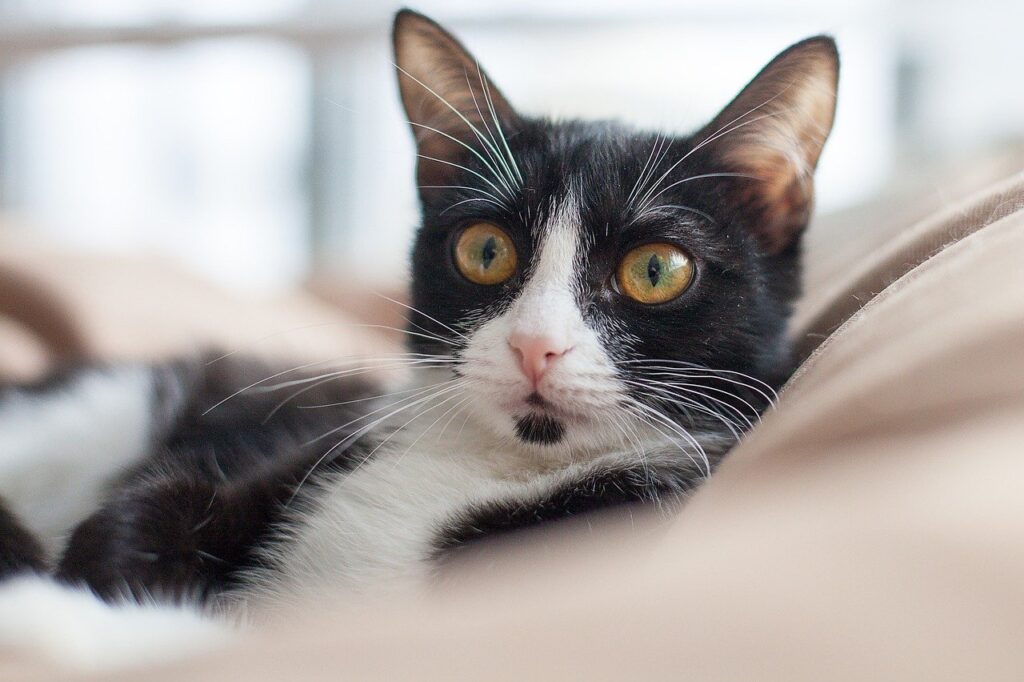As a cat owner, ensuring your feline friend is up-to-date on their vaccinations is crucial for their health and well-being. Cat vaccinations are a simple yet powerful tool in protecting your kitty from serious diseases. Let’s break down what you need to know about cat vaccinations and how they help keep your furry friend safe.
Why Are Cat Vaccinations Important?
Cat vaccinations play a vital role in preventing various infectious diseases that can be both serious and potentially life-threatening. Vaccines work by stimulating your cat’s immune system to recognize and fight off specific pathogens. By vaccinating your cat, you’re essentially providing them with a shield against diseases that could otherwise cause significant health issues or even be fatal.
Core vs. Non-Core Vaccinations
When we talk about cat vaccinations, it’s helpful to understand the difference between core and non-core vaccines:
- Core Vaccinations: These are essential vaccines recommended for all cats because they protect against highly contagious and severe diseases. Core vaccinations typically include:
- Feline Herpesvirus (FHV-1) and Calicivirus (FCV): These two viruses cause upper respiratory infections in cats. They’re quite common and can lead to severe respiratory issues.
- Feline Panleukopenia (FPV): Also known as feline distemper, this virus causes severe gastrointestinal illness and can be fatal.
- Feline Leukemia Virus (FeLV): This virus affects the cat’s immune system and can lead to cancer. It’s especially important for cats who go outdoors or interact with other cats.
- Non-Core Vaccinations: These vaccines are given based on the cat’s lifestyle, risk factors, and geographic location. Non-core vaccines may include:
- Feline Bordetella: This vaccine helps protect against a bacterial infection that causes respiratory issues.
- Feline Chlamydia: This vaccine is used for cats at higher risk of developing chlamydial infections, which can cause conjunctivitis.
When Should Your Cat Be Vaccinated?
The timing of cat vaccinations is crucial to ensure maximum protection. Kittens typically receive their first set of vaccinations between 6 and 8 weeks of age. They’ll need booster shots every few weeks until they’re around 16 weeks old. After that, adult cats generally need booster vaccinations annually or every three years, depending on the vaccine and your vet’s recommendations.
What to Expect During a Vaccination Appointment
When you bring your cat in for their vaccinations, the process is usually straightforward. Your vet will administer the vaccine via injection, often in the scruff of your cat’s neck or another area. Most cats handle the process well, though some may experience mild discomfort or a temporary reaction like a small swelling or tenderness at the injection site. These reactions are typically mild and resolve on their own.
Keeping Track of Vaccinations
It’s essential to keep track of your cat’s vaccination schedule to ensure they remain protected. Your vet will provide a vaccination record, which you should keep in a safe place. It’s also helpful to set reminders for upcoming booster shots and regular check-ups to keep your cat’s health on track.
In Conclusion
Cat vaccinations are a crucial part of keeping your feline friend healthy and protected from preventable diseases. By understanding the basics of cat vaccinations, you can ensure your kitty gets the protection they need to live a long and healthy life. If you have any questions about your cat’s vaccination schedule or need to schedule an appointment, don’t hesitate to reach out to us at Atlas Animal Hospital. We’re here to help keep your furry friend in tip-top shape!
Ready to schedule your cat’s next vaccination? Contact Atlas Animal Hospital today to make an appointment and ensure your kitty stays healthy and happy. Our team is dedicated to providing the best care for your pet, so don’t wait—give us a call or visit our website to get started!

